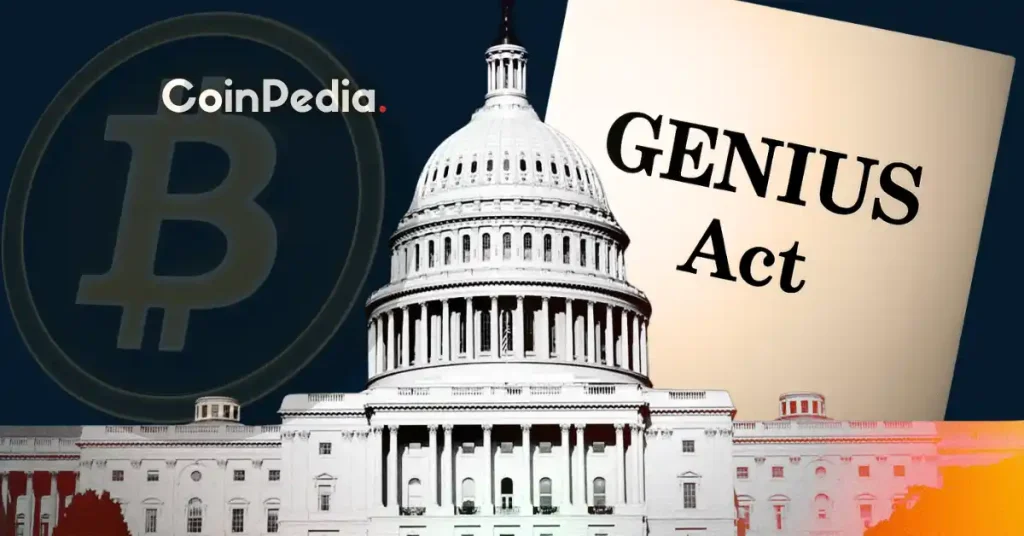US Treasury Opens Public Consultation on GENIUS Act Stablecoin Regulations
Washington shakes the crypto cage—Treasury wants your two cents on stablecoin rulemaking.
Policy Pandemonium
The GENIUS Act isn't just another acronym to ignore. This one could dictate how dollar-pegged tokens operate on American soil. Treasury officials are hunting for public feedback—from crypto whales to weekend traders.
Stablecoin Showdown
Regulators juggle innovation with investor protection. They're probing everything from reserve requirements to redemption mechanisms. One misstep could send shockwaves through DeFi protocols and CEX liquidity pools.
Banking's Cold Sweat
Traditional finance watches nervously as stablecoins threaten their deposit monopoly. Nothing says 'disruption' like watching digital dollars bypass legacy settlement systems overnight. The irony? Banks might soon be begging to hold those same crypto reserves they once mocked.
Comment period closes with typical government urgency—giving crypto natives exactly 47 business days to dismantle decades of financial policy thinking. Because nothing ensures robust regulation like crowdsourcing opinions from anonymous Twitter accounts.

The US Department of the Treasury is requesting public input on the GENIUS Act. In a notice on Monday, the department said it is seeking opinions on how financial institutions can combat illegal activities involving the case of digital assets.
US Treasury Seeks Public Comments on GENIUS Act
The request is a requirement under the Guiding and Establishing National Innovation for US Stablecoins (GENIUS) Act, which was signed into law by President TRUMP in July. The public must submit their inputs by October 17.
The Department of Treasury stated, “The U.S. Department of the Treasury invites interested members of the public to provide input on the use of innovative or novel methods, techniques, or strategies to detect and mitigate illicit finance risks involving digital assets.”
Request Focuses on Four Key Technology Areas
The GENIUS Act lists four specific technologies on which Treasury should seek comment:
- Application program interfaces (APIs)
- Artificial intelligence (AI)
- Digital identity verification
- Use of blockchain technology and monitoring
These are the techniques and strategies that the treasury will evaluate and consider. It will oversee the improvements, costs to regulated financial institutions, data collection, privacy risk, operational challenges, cybersecurity risks, and effectiveness of these strategies.
US to Become the Crypto Capital?
This new initiative underscores President Donald Trump’s goal to make America the crypto capital of the world. Reacting to this move by the treasury, Secretary Scott Bessent said in an X post on Monday that stablecoin adoption could lead to increased demand for US Treasuries.
He wrote, “Implementing the GENIUS Act is essential to securing American leadership in digital assets. Stablecoins will expand dollar access for billions across the globe and lead to a surge in demand for U.S. Treasuries, which back stablecoins.”
“It’s a win-win-win for everyone involved: stablecoin users, stablecoin issuers, and the U.S. Treasury Department,” Bessent added.
What’s Next? CLARITY & CBDC Anti-Surveillance State Act
The Digital Market CLARITY Act and the CBDC Anti-Surveillance State Act were passed in the House on July 17 and are now moving to the Senate. If they pass the Senate, they will then go to the President for a signature. While there’s no specific date set, some crypto enthusiasts anticipate September 30 to be the deadline.

